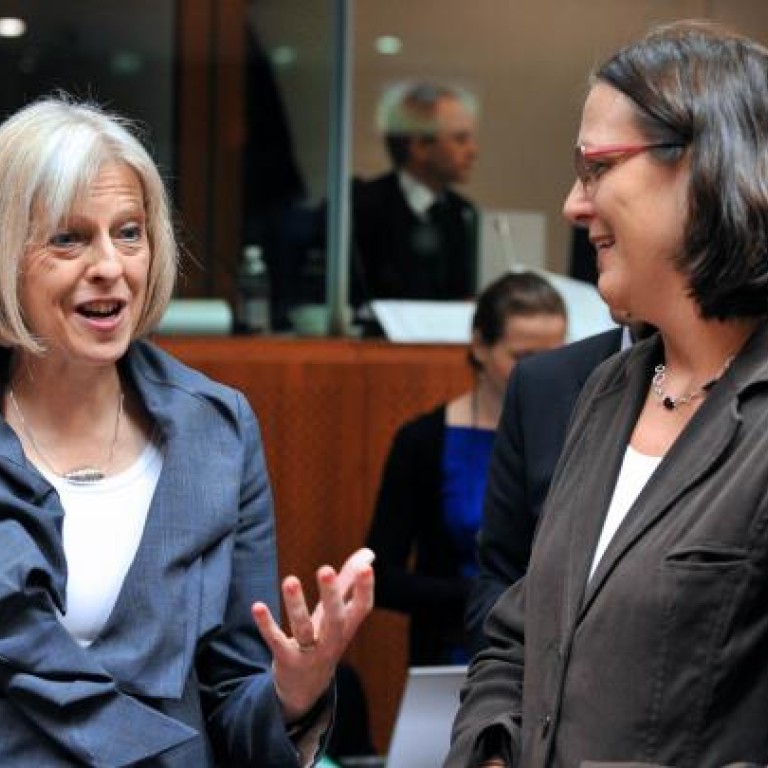
UK launches interview scheme to crack down on bogus students
More than 100,000 people hoping to study in Britain will be interviewed, but entry for Chinese visitors will be made easier
Consular staff will interview more than 100,000 prospective students hoping to study in Britain as the UK government moves to stop bogus students from entering the country, says the interior minister.

At the same time, she said that Britain had eased entry requirements for Chinese tourists.
The announcements were made at the centre-right Policy Exchange think tank.
May said a pilot study by the Border Agency, in which 2,300 prospective students were interviewed, found abuse was rife.
"Starting with the highest-risk countries, and focusing on the route to Britain that is widely abused, student visas, we will increase the number of interviews to considerably more than 100,000, starting next financial year," she said. "From there, we will extend the interviewing programme further across all routes to Britain, wherever the evidence takes us. I believe this new approach will help us to root out the abuse of British visas, and improve the integrity of our immigration system."
Business Secretary Vince Cable, who has warned of the economic dangers of capping immigration, said the move would mean no restrictions on foreign students attending British universities. Describing higher education as one of the country's best export industries, he said: "There will be no cap on student numbers. Provided they are legitimate they are free to come. They are welcome."
But May said: "We are also clear that student visas are not a back-door route into working in Britain. We are clamping down on that kind of abuse. Colleges have lost their right to sponsor foreign students. Bogus students have been turned away. And, through more and more interviewing, we are getting better at identifying and rejecting people we don't want to come to Britain."
May's speech was designed to confront two conflicting pressures on the Home Office as it seeks to deliver a pledge in the coalition agreement to "introduce an annual limit on the number of non-EU economic migrants".
On the one hand, the home secretary wanted to show that the government is taking tough measures to deflect criticism from the right, in the likely event that it fails to bring non-EU immigration down to the tens of thousands a year by the time of the next general election.
But the home secretary also wanted to show that the Home Office is not closing Britain for business.
May made it clear she had heard these concerns when she said that Britain was improving the provision of visas for Chinese visitors. "We've made it easier for Chinese visitors to come here, by simplifying documentation requirements, establishing a new business network across China, extending our express visa service, and introducing a new passport pass-back scheme for visa applicants.
"So our reforms to economic migration have struck a balance, and they send a clear message: if you have skills we need, and a company is willing to give you a job, come to Britain. If you have an investment to make, do it in Britain. And if you have a great business idea, bring it to Britain."
